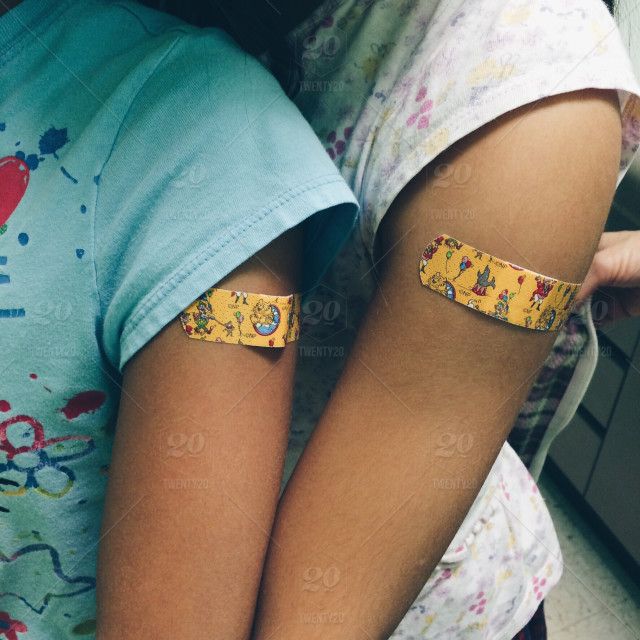Mumps
What is mumps?
-
It is an infection of the salivary glands caused by the mumps virus
What are the symptoms of mumps?
- Fever
- Headache
- Swollen salivary glands under the jaw
- Hearing loss
- Aseptic meningitis (infection of the brain and spinal cord)
- Painful swollen testicles in 20% to 30% of males who have reached puberty
How is mumps spread?
- Airborne transmission with mucus or droplets from the nose or throat
- Direct contact with mucus from the nose or saliva
- Kissing on the lips
- Sharing food, eating utensils, and mouthed toys.
How soon do symptoms appear?
- Symptoms may appear 12—25 days after infection, but usually within 18 days.
- How long is an infected person able to spread the disease?
- The period of communicability is from 6 to 7 days before onset of swelling to 9 days after onset. Individuals are most contagious 3 days before onset of illness through 4 days after.
Should infected people be excluded from childcare, work, or school?
Yes. Anyone with symptoms should not go back to day care, school or work until 9 days after the swelling began. If the person is hospitalized, they should be in respiratory isolation until 9 days after onset of swelling.
What is the treatment for mumps?
There is no specific treatment. Supportive care should be given as needed.
Is there a vaccine to prevent mumps?
Yes. Two doses of mumps vaccine, given as combination MMR vaccine, separated by at least 4 weeks, are routinely recommended for all children. The first dose is given on or after the first birthday; the second is given at 4-6 years of age. Mumps-containing vaccine given before 12 months of age should be re-vaccinated with two doses of MMR vaccine, the first of which should be administered when the child is at least 12 months of age. MMR is a live, attenuated vaccine. Pregnant women and persons with an immunodeficiency or immunosuppression should NOT receive attenuated vaccines.
Anyone who may be at risk can contact their physician for advice on receiving a booster or MMR series.



